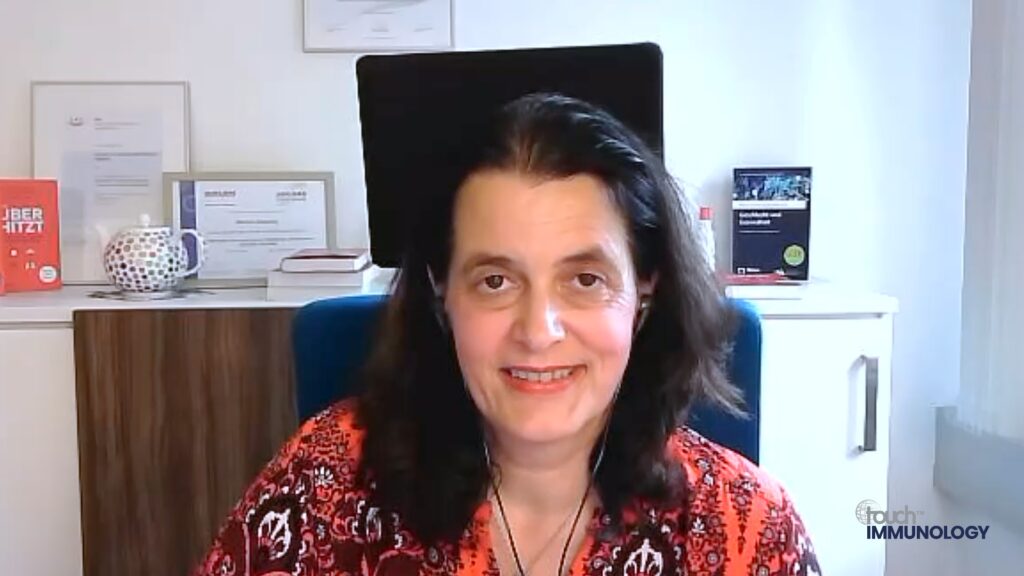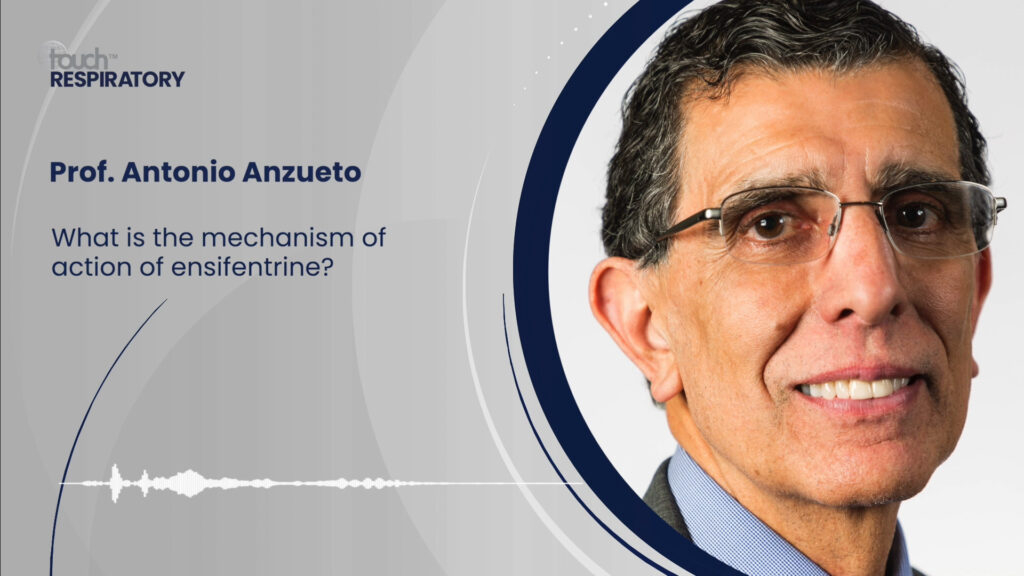 Dr Alexander G. Mathioudakis is a leading figure in respiratory medicine, serving as Senior Lecturer at The University of Manchester and Consultant Respiratory Physician at Manchester University NHS Foundation Trust. Internationally recognised for his work in precision medicine, Dr Mathioudakis combines clinical expertise with academic leadership to advance personalised approaches in treating airway diseases, particularly chronic obstructive pulmonary disease (COPD). His innovative research bridges cutting-edge science and patient-centred care to shape future respiratory treatment pathways.
Dr Alexander G. Mathioudakis is a leading figure in respiratory medicine, serving as Senior Lecturer at The University of Manchester and Consultant Respiratory Physician at Manchester University NHS Foundation Trust. Internationally recognised for his work in precision medicine, Dr Mathioudakis combines clinical expertise with academic leadership to advance personalised approaches in treating airway diseases, particularly chronic obstructive pulmonary disease (COPD). His innovative research bridges cutting-edge science and patient-centred care to shape future respiratory treatment pathways.
In this Future Leaders interview, Dr Mathioudakis outlines his work on treatment stratification in COPD, highlighting how data-driven approaches help personalise therapy. He discusses key findings on eosinophil trajectories, the interplay between innovation and evidence-based practice, emerging advances like biologics and AI, and offers guidance for early-career clinicians pursuing academic pathways.
Q. How is your research helping to advance precision medicine in airway diseases?
My research focuses on treatment stratification in airway diseases, particularly COPD, by identifying treatable traits and directing therapies, whether novel or existing, towards the patients most likely to benefit, thereby maximising the benefit-to-risk ratio. To achieve this, I integrate large-scale clinical datasets, advanced evidence syntheses and pragmatic clinical trials. For example, I co-lead ICS-RECODE, an individual participant data meta-analysis of over 60,000 participants from 20+ clinical trials, which aims to identify predictors of response to inhaled corticosteroids (ICS) in COPD and develop clinical decision tools to personalise treatment and maximise benefit-risk ratio. In parallel, I am developing a research programme to optimise the targeted and timely use of biologics in COPD.
Q. What key, novel insight has your precision medicine research in COPD uncovered so far?
While guidelines recommend initiating or discontinuing ICS in patients with COPD based on baseline blood eosinophils, our post-hoc analyses of the ISOLDE and FLAME trials revealed a more nuanced picture. We found that changes in eosinophil counts following ICS initiation better predict treatment response. Patients whose eosinophils decrease (40%) derive benefit; those with stable counts (40%) see little effect; and those with rising eosinophils (20%) experience harm, including increased exacerbations and pneumonia. These findings, which need prospective validation, suggest that eosinophil trajectories, rather than baseline thresholds, may offer a more accurate biomarker to guide ICS use in COPD.
Q. How has your work on guidelines influenced your approach to evidence-based research and practice and the need to balance it with innovation in respiratory medicine?
Contributing to guidelines has strengthened my commitment to rigorous, patient-centred research and critical appraisal. All health professionals share the responsibility of supporting research that is clinically meaningful and ethically sound. Designing studies involving patient risk or inconvenience and healthcare resources carries immense responsibility, highlighting the need for stronger support and training of clinical academics globally, both to uphold research quality and to minimise research waste. While innovation often moves faster than traditional research, novel, pragmatic trial methodologies and collaborative models, such as those used in the RECOVERY trial, demonstrate that rigour and speed can align. Most importantly, even when molecular pathways and early data seem promising, we must uphold evidence-based medicine principles to ensure safe, responsible progress.
Q. What do you see as the most promising developments on the horizon for airway disease research and treatment?
The growing understanding of disease heterogeneity enables more precise targeting of treatable traits, bringing us closer to altering the disease trajectory. For example, in carefully selected patients, triple therapy confers survival benefit, and biologics show promise. Mucus plugging, a long overlooked trait, is now linked to mortality and may be addressable with established, affordable treatments. The airway microbiome is also emerging as a modifiable factor influencing progression and outcomes. Crucially, the integration of multi-omics and AI is set to accelerate discovery, refine patient endotyping, and deliver truly personalised care.
Q. What key advice would you offer to early-career doctors hoping to follow a similar academic path?
A clinical academic career is highly rewarding but requires commitment, strategy, and early planning. It is vital to build disease-specific expertise alongside strong research methods training. Supportive mentors and protected research time should be sought early. Effective time management and resilience are essential. Focus is key to long-term success, but should be balanced with involvement in impactful, collaborative research. Engage early with peers and professional organisations – there are many opportunities tailored to all career stages. Prioritise career development wisely; for instance, the European Respiratory Society offers outstanding training and mobility schemes well worth exploring.
Further content in airway diseases and COPD.
Editor: Victoria Smith, Senior Content Editor.
Cite: Alexander G. Mathioudakis. Advancing Precision Medicine in Airway Diseases Through Data-Driven Innovation: a Q&A with Future Leader, Alexander Mathioudakis. touchRESPIRATORY. 15 July 2025.
Disclosures: This short article was prepared by touchRESPIRATORY in collaboration with Alexander G. Mathioudakis. touchRESPIRATORY utilize AI as an editorial tool (ChatGPT (GPT-4o) [Large language model]. https://chat.openai.com/chat.) The content was developed and edited by human editors. No fees or funding were associated with its publication.
Alexander G. Mathioudakis discloses receiving honoraria from GlaxoSmithKlin and Sanofi.
Register now to receive the touchRESPIRATORY newsletter!
Don’t miss out on hearing about our latest peer reviewed articles, expert opinions, conference news, podcasts and more.












